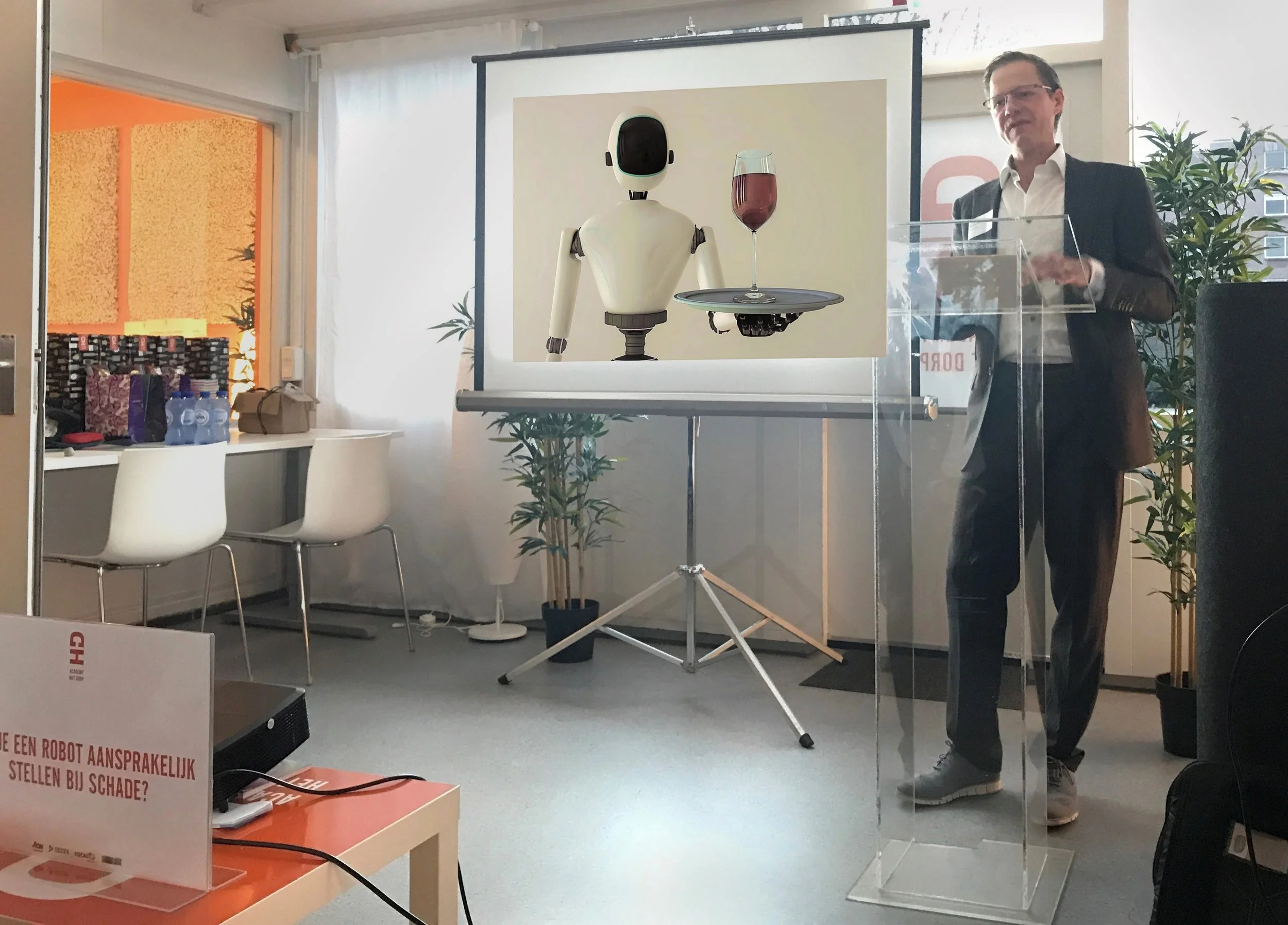Harvard Law School, Harvard Journal of Law & Technology (JOLT) Volume 34, Digest Spring 2021
New interdisciplinary Stanford University AI & Law research article: “The Right to Process Data for Machine Learning Purposes in the EU”.
Download the article here: Kop_The Right to Process Data-Harvard
Data Act & European data-driven economy
Europe is now at a crucial juncture in deciding how to deploy data driven technologies in ways that encourage democracy, prosperity and the well-being of European citizens. The upcoming European Data Act provides a major window of opportunity to change the story. In this respect, it is key that the European Commission takes firm action, removes overbearing policy and regulatory obstacles, strenuously harmonizes relevant legislation and provides concrete incentives and mechanisms for access, sharing and re-use of data. The article argues that to ensure an efficiently functioning European data-driven economy, a new and as yet unused term must be introduced to the field of AI & law: the right to process data for machine learning purposes.
The state can implement new modalities of property
Data has become a primary resource that should not be enclosed or commodified per se, but used for the common good. Commons based production and data for social good initiatives should be stimulated by the state. We need not to think in terms of exclusive, private property on data, but in terms of rights and freedoms to use, (modalities of) access, process and share data. If necessary and desirable for the progress of society, the state can implement new forms of property. Against this background the article explores normative justifications for open innovation and shifts in the (intellectual) property paradigm, drawing inspiration from the works of canonical thinkers such as Locke, Marx, Kant and Hegel.
Ius utendi et fruendi for primary resource data
The article maintains that there should be exceptions to (de facto, economic or legal) ownership claims on data that provide user rights and freedom to operate in the setting of AI model training. It concludes that this exception is conceivable as a legal concept analogous to a quasi, imperfect usufruct in the form of a right to process data for machine learning purposes. A combination of usus and fructus (ius utendi et fruendi), not for land but for primary resource data. A right to process data that works within the context of AI and the Internet of Things (IoT), and that fits in the EU acquis communautaire. Such a right makes access, sharing and re-use of data possible, and helps to fulfil the European Strategy for Data’s desiderata.
Meer lezen





